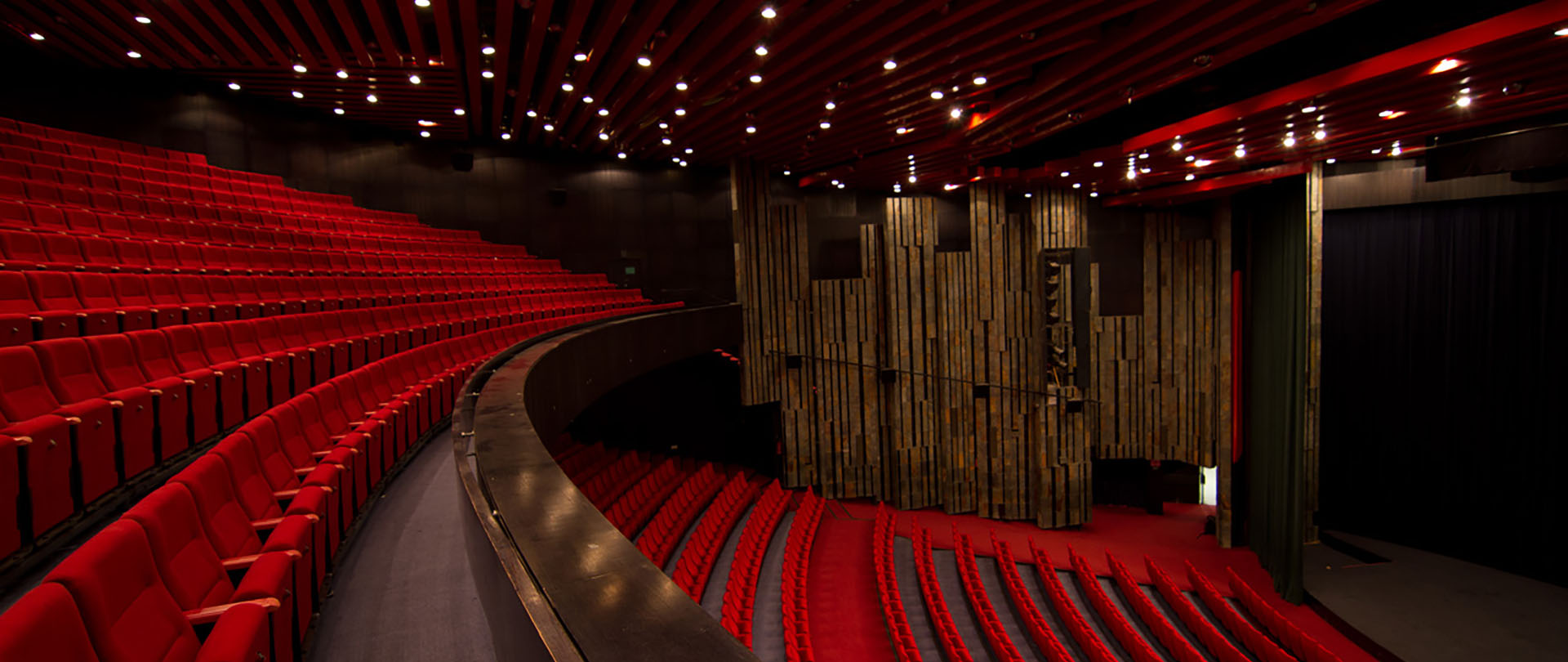A destination management company (DMC) is a professional services company possessing extensive local knowledge, expertise and resources, specializing in the design and implementation of events, activities, tours, transportation and program logistics. According to a DMC company website a "DMC is a service professional company with a wide-range of knowledge and experience over the conditions and touristic resources of a region"
In reality, there are very few destination management organizations. Management implies control, and rarely does a tourism organisation have control over the destination's resources, such as in the case of the New Zealand government's development of the resort town of Rotorua in the first half of the 20th Century. The majority of these entities are regarded as destination marketing organizations.
A DMC provides a ground service based on local knowledge of their given destinations. These services can be transportation, hotel accommodation, restaurants, activities, excursions, conference venues, themed events, gala dinners and logistics, meetings, incentive schemes as well as helping with overcoming language barriers. By acting as purchasing consortia, DMCs can provide preferential rates based on the buying power they have with their preferred suppliers.
Other services that a DMC can deliver are:
- Reception at airports or bus stations
- Gastronomy tours
- Theme parties (traditional or modern).
- Excursions and typical activities of the area.
- Projects teamwork and collaborative.
- Gifts for workgroups.
- Decoration for events.
- Entertainment events.
- Suggestions and support for housing.
- Graphic design and event signage.
- Recommendations agents customs.
- Car audio and video.
Differences with similar companies
While the term DMC is being widely used to identify a travel trade professional service, the service being offered is essentially the use of those ingredients, services and products already available at a particular destination and to which the user has provided no contribution other than use. These functions are performed by Travel Agents and Tour operators.
In this sense, the DMC can be distinguished from other related companies as:
- Tourist agency: a company offering travel products such as airline tickets, hotel reservations, cruises and excursions offered by tour operators.
- Tour Operator: A company that amalgamates travel products to offer tours and excursions.
- Convention Bureau: an agency that manages conferences and conventions.
MICE stands for Meetings, Incentives, Conferences and Exhibitions
These are the definitions as put out by IAPCO:
Meeting - general term indicating the coming together of a number of people in one place, to confer or carry out a particular activity. Frequency: can be on an ad hoc basis or according to a set pattern, as for instance annual general meetings, commitee meetings, etc.
Incentive - meeting event as part of a programme which is offered to its participants to reward a previous performance.
Conference - participatory meeting designed for discussion, fact-finding, problem solving and consultation. As compared with a congress, a conference is normally smaller in scale and more select in character - features which tend to facilitate the exchange of information. The term "conference" carries no special connotation as to frequency. Though not inherently limited in time, conferences are usually of limited duration with specific objectives.
Exhibition - Events at which products and services are displayed.
Recently, there has been an industry driven initiative to not use the "MICE Market" label and instead say "The Meetings Industry" which encompasses all the above.

